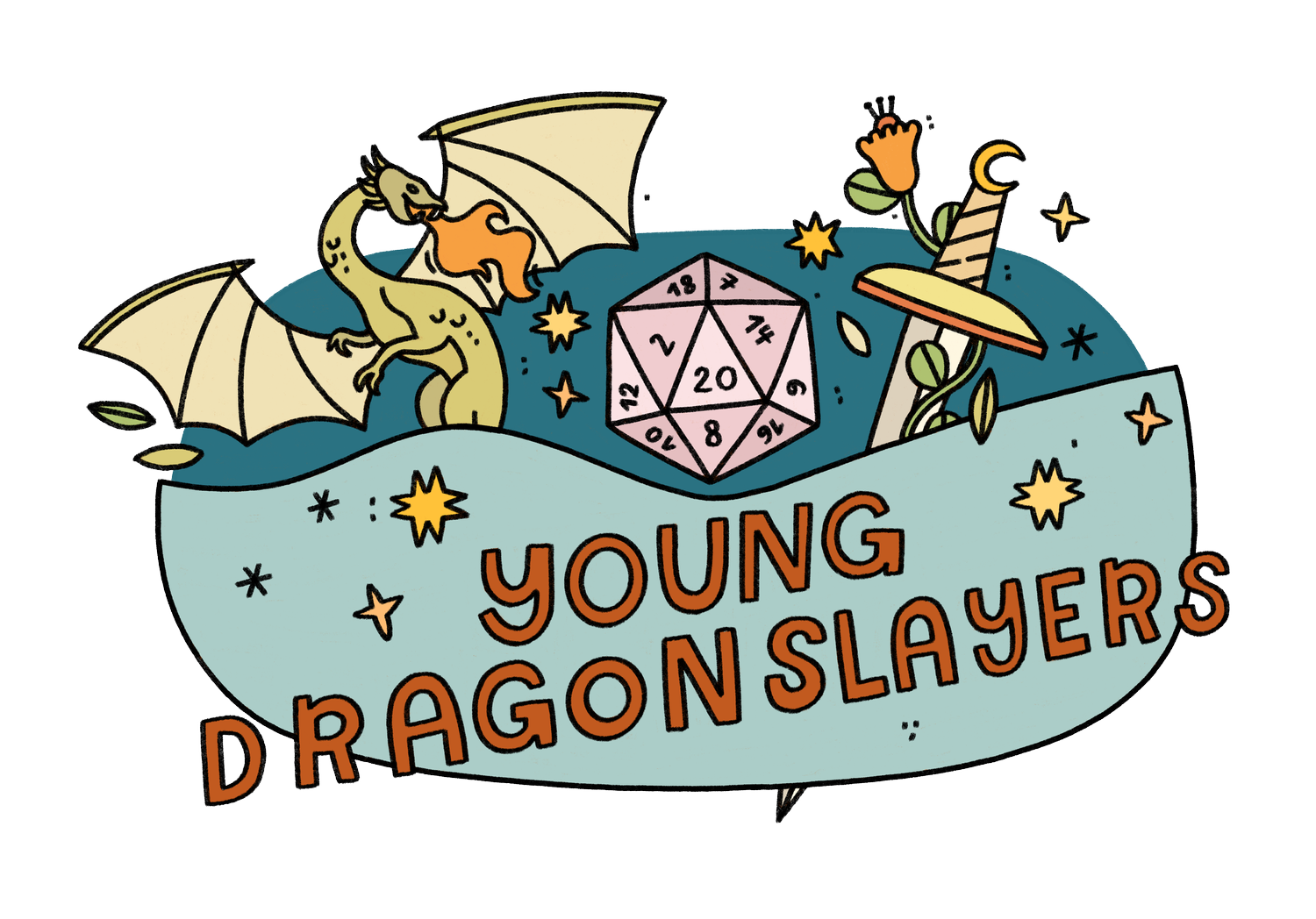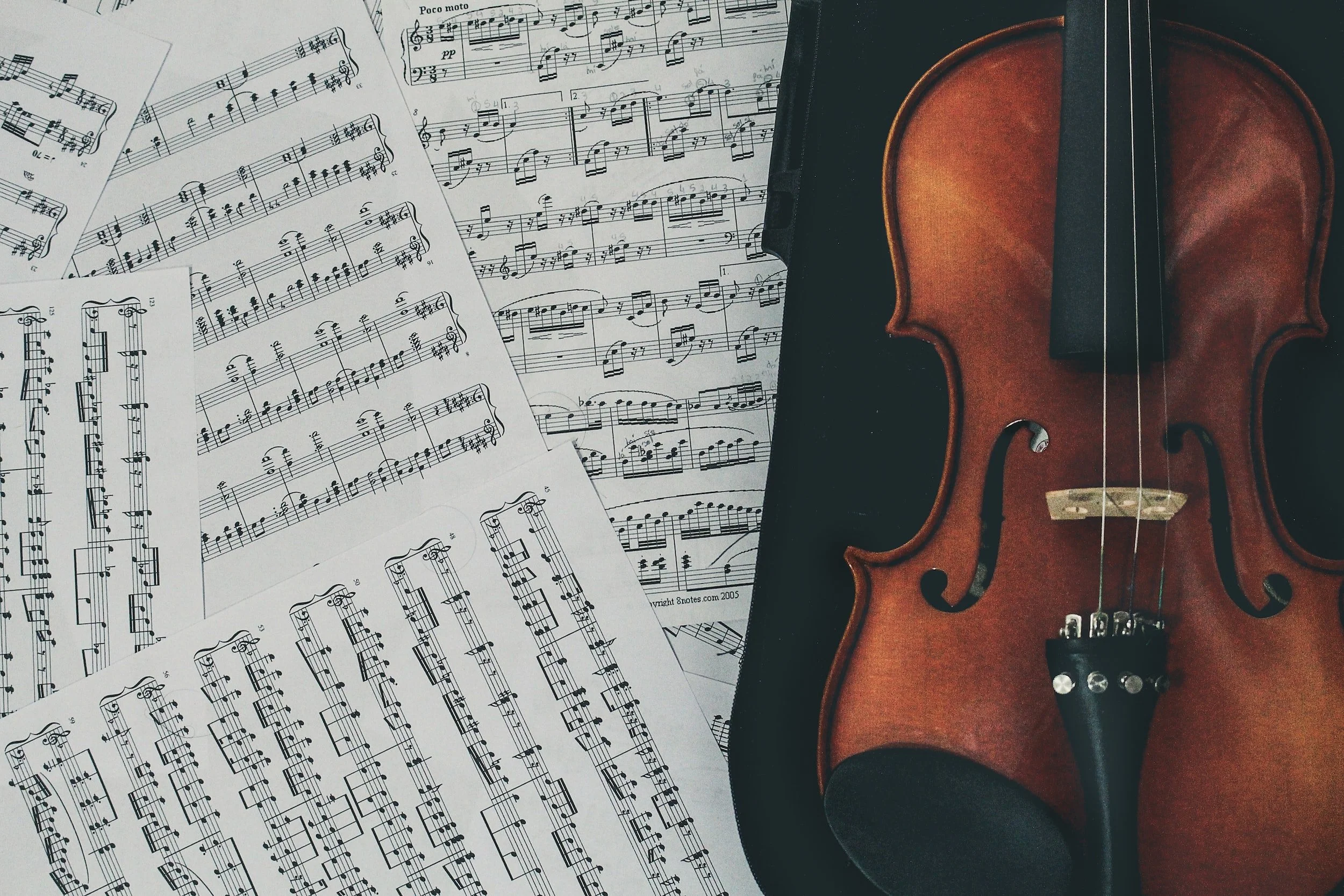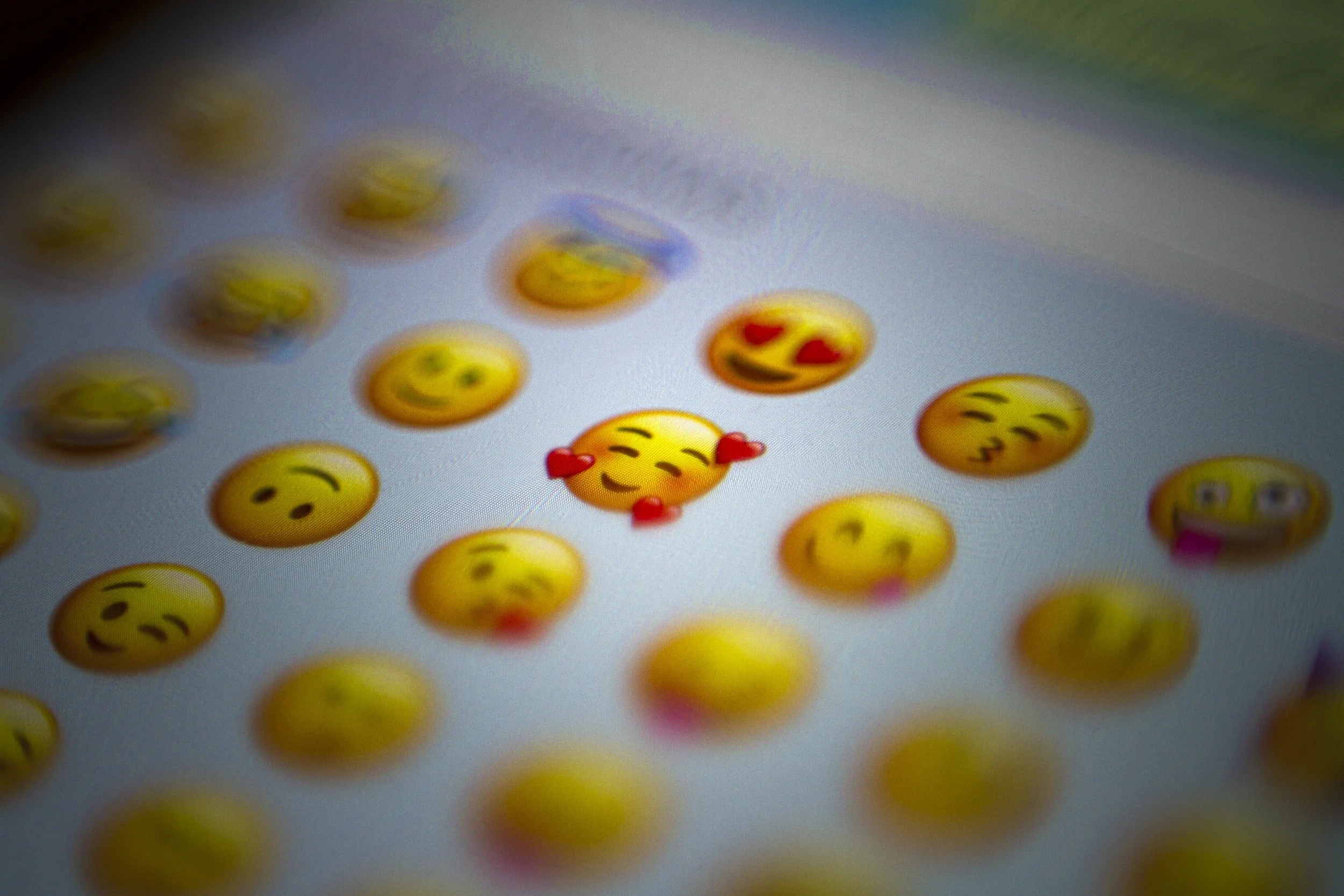How D&D Makes You a GENIUS (With Educational Benefits!)
We all know that D&D can be fun. But could it also be…good for you? When you play D&D, you’re getting hands-on education on subjects like music, literacy, math, and emotional intelligence. But you don’t have to take our word for it. Amazingly, we have actual research that shows role-playing games like Dungeons & Dragons can help you become a smarter, kinder human being.
Intrigued? Keep reading to learn all the ways that D&D can make you a genius…or at the very least, teach you something new.
Can D&D Be Educational?
Don't let the cardigan and the mug of tea fool you: I'm something of a rebel when it comes to education. My most controversial take is that I believe in some ways, D&D can teach us as much as school can. And if you stick around for the rest of the video, you have my personal guarantee that I can turn your brain from regular Patrick Star to Patrick Star after he became super smart and started using big words to a soundtrack of classical music.
Speaking of the arpeggiated b-flat scale, do you know what definitely makes people smarter? Music.
D&D Helps You Appreciate Music
I decided to make this video when I had an epiphany. I realized that…
Classical music goes friggin’ hard. And I love it!
I had this realization while creating a campaign that took place in a magical Victorian England setting. The music created such an amazing tone.
Imagine your husband dies, so the new Lord, your nephew-in-law who has a diamond mine in the U.S., moves into your home and is the new head of the house. And he might kick you and your daughters out of the home at any moment, so you start to work together. You start getting investors for the diamond mine but…SHOCK! The diamonds are fake.
So, you cook up a scheme to run him out of town by getting all this trickery in writing and notify the proper authorities so HE has to leave the country or get arrested. And right as he realizes you’ve tricked him and you will once more be head of the house, the chorus hits. Yup, no feeling quite like that.
And also as a small benefit, I never would have found a truly hilarious subset of youtube videos where based on the view count there are a loooot of people planning something … sinister. I am convinced that there is a subset of individuals trying to destroy the world. The point is, without D&D, I never would have realized how much I like this kind of music. And, while writing emails, I would feel way less epic.
Through D&D I learned that I love classical music, but it can reveal your interest in pretty much any subject. Maybe while writing your character description you discover a love for fiction writing or when you try drawing your character for the first time, it reveals your passion for drawing. There are limitless possibilities here.
D&D Teaches You About Culture, History, and Religion
Researching a setting for your DND campaign might lead to a newfound appreciation for other time periods and cultures.
As you can tell from my choice to create a DND campaign in Victorian England, I get pretty bored with the traditional high fantasy settings. So, I make most of my campaigns in unique worlds. This requires research, which –not to sound like a total narc– can be pretty fun when it's about something you find interesting.
For example, while researching stuff for my Victorian campaign I learned that Londoners were kind of obsessed with death. They would even import mummies and host parties to show them off. That’s disgusting, but also…pretty metal? So in my campaign, I made the undead a key component to the story.
While creating a pirate-themed campaign, I learned that the largest fleet of pirate ships in history was controlled by a woman named Ching Shih. She had 1800 ships, which was waaaay more than Blackbeard's measly 4 ships. So of course I made a cool character based on her.
When I was working on my Studio Ghibli video I learned about Torii gates which, in Shinto, symbolically mark off where our world meets the spiritual world of Kami spirits. So in my campaign I made Torii gates a literal gateway to the spirit world.
Basically, if you want an excuse to learn about different cultures, history, and religion so you can get big brained, create a DND campaign or one-shot.
So far, most of these things only work if you're the DM, but you can become a genius just by playing DND, too.
Playing D&D Promotes Emotional Intelligence
Studies have proven that playing D&D helps you empathize better with other people, and can encourage players to act in more kind and moral ways.
Let me tell you a quick fable, and transport you to a truly magical place. I was DMing for a group of kids, all new to playing DND, in a setting that was basically a Candy Land fantasy high school drama. The kids were getting lectured about the importance of adventuring safety, in preparation for their first outing.
As the teacher lectured on, one of the kids made a snide comment in the background, mocking the teacher’s voice. They quickly learned that in D&D, there are consequences for saying stuff like this! Just like in real life, NPCs in D&D don’t appreciate being called names.
This example shows that, at least anecdotally, D&D can teach people about empathy and boost emotional intelligence. And I think emotional intelligence is perhaps the best type of intelligence. But fortunately, we don’t have to rely just on anecdotes.
There are two studies that add weight to this theory. One study measured whether people who play fantasy role-playing games show higher levels of empathy compared to people who do not. They thought that since role-players often take on the perspective of a character different from themselves, that they would show higher levels of empathy.
They used some fancy scales (the Davis IRI and Tellegen absorption scale) to measure this, and found that role-players scored significantly higher than the general population in empathy, empathic concern, and perspective taking.
The other study looked at whether role-playing games influence young adult moral reasoning and development. They hypothesized that engaging in imaginative RP games (with relevant social/moral dilemmas) would decrease self interest and increase one’s care for the interest of others, while also positively altering moral development and reasoning.
They found that role-players showed a reduction in personal interest, self-transcendence and an increase in norm maintenance and postconventional development. They concluded that these changes showed that imaginative RP games have the ability to facilitate moral growth.
Okay, put way too simply: the first study found that DND players are better able to show empathy because they play as characters other than themselves. The second found that, if prompted to create “good” characters, players would show moral growth, being more likely to help the group instead of only helping themselves. D&D can improve diplomacy skills, communication, build teamwork, and prepare people to manage difficult crises. It can also prompt them to be more kind, understanding, and helpful.
And I think that's pretty great.
Come Learn With Us Through D&D!
Ready to increase your INT and WIS scores (there’s little DND joke for you)? Come play some D&D with us! Our games are open to tweens and teens of all genders and experience levels.
Players in our games meet new friends with similar interests, engage their creative problem-solving skills, and practice the important social skills you need to have high emotional intelligence. And who knows: maybe you’ll even discover a new interest that you never thought you’d be passionate about.
Click here to learn more about enrolling in our games.




